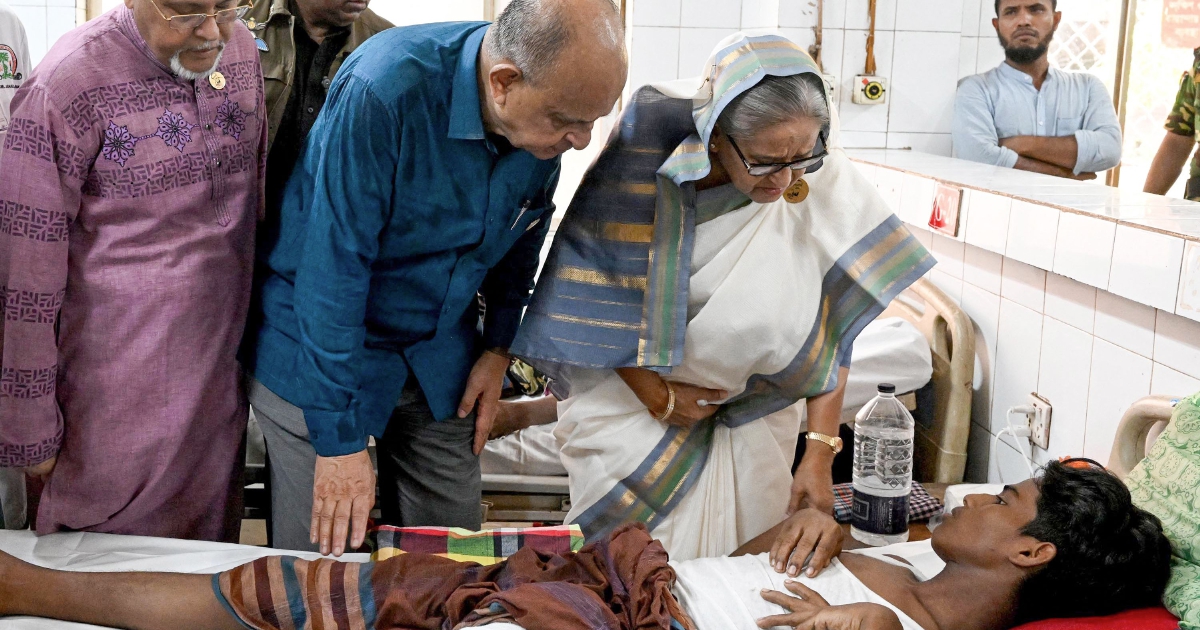Kuala Lumpur: Every year, Muslims in Malaysia observe ‘Ramadan’ – a period of fasting, prayer and communal gathering. The term ‘Ramadan’, based on the sighting of the crescent moon, comes from the root word ‘ar-ramad’ which refers to scorching heat; referred to the conditions of the deserts in which the early Muslims would fast in. Muslims, during this period, will fast from dawn (suhur) until sunset and are prohibited from consuming food and drink and will break their fast by having a festival meal, known ‘iftar.’ Today marks the first day of this spiritual and contemplative tradition – a tradition which traces its philosophical ideas to the early days of the Islamic religion.
Muslims believe that a sacred revelation – known as Laylat Al Qadat – or the ‘Night of Power’ in which the Angel Gabriel appeared to the Prophet Muhammad to reveal the holy scriptures which makes the Quran. The revelation, a spiritual instrument for Muslims, guides them to better honour 5 pillars of Islam, – Shahada, Salat, Zakat, Sawm and Hajj; regarded to be holy obligations for devotees to deepen their connection with God. It is this fourth pillar of Islam – sawm – which is known as the observance.
In Surah Baqarah, the following is narrated in the Holy Quran: “O you who have believed, decreed upon you is fasting as it was decreed upon those before you that you may become righteous.” For Muslims, fasting contributes to one’s practice of virtue in the face of adversity and chastity. The hardship that is often involved in balancing the many responsibilities one has with fasting is regarded by Muslims to be a sacred opportunity to find consolation and refuge in the divine. In many ways, the fasting obligation is also a pedagogical exercise – for God to guide Muslims in reflecting on the challenges suffered by those who are unable to meet their basic needs. This invitation to contemplate on one’s relationship with God as well as the reality of the suffering of others alerts to one’s consciousness a feeling of immense gratitude and spiritual solace as the experience of deprivation allows for a psychological and physical cleansing of the mind; building an awareness of the many moral commitments one must bear to live a righteous life.
Islamic philosopher, Al Ghazali, writes that the fast is very much a fast from ‘wordly concerns and mundane thoughts and completely refraining from [focusing on] anything other than God.’ The fast therefore is considered by Muslims to be an important moral feat that involves the training of the heart and mind, to be watchful over one’s inclinations and to exercise control over the will. The Prophet Muhammad, during his time of the fast, would concentrate his relationship with God through deep prayer and recitation. The philosophy that underlies the fast for Muslims is one that relates to the wisdom in being conscious; being conscious over oneself and the world around them. It is this heightened consciousness which helps enrich the spiritual connection one has with God. The spiritual connection is important to purify Muslims on their journey towards the cleansing of the soul of impurities incurred. The focus on gratitude is just as important as it is reminder to be thankful of the many things one has. In a world that is replete with distractions that obfuscate the mind, fasting helps to direct one’s vision to the reality of the many blessings bestowed upon by the generosity and magnanimity of God which helps to counteract the vices that a stringently materialistic lifestyle can often cause one to incur.
As Muslims embrace the fast, the many lessons of the philosophical ideas that underpin Ramadan continue to guide and inspire them to practice virtue and righteousness.
By: Pravin Periasamy
Position: Networking and Partnership Director
Malaysian Philosophy Society






